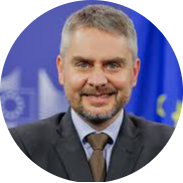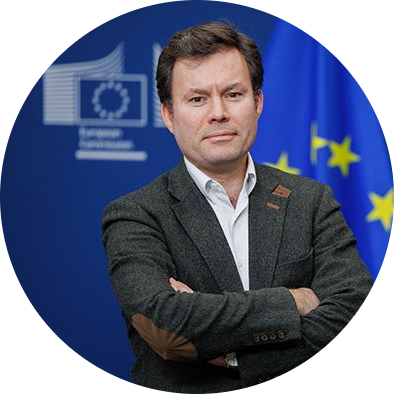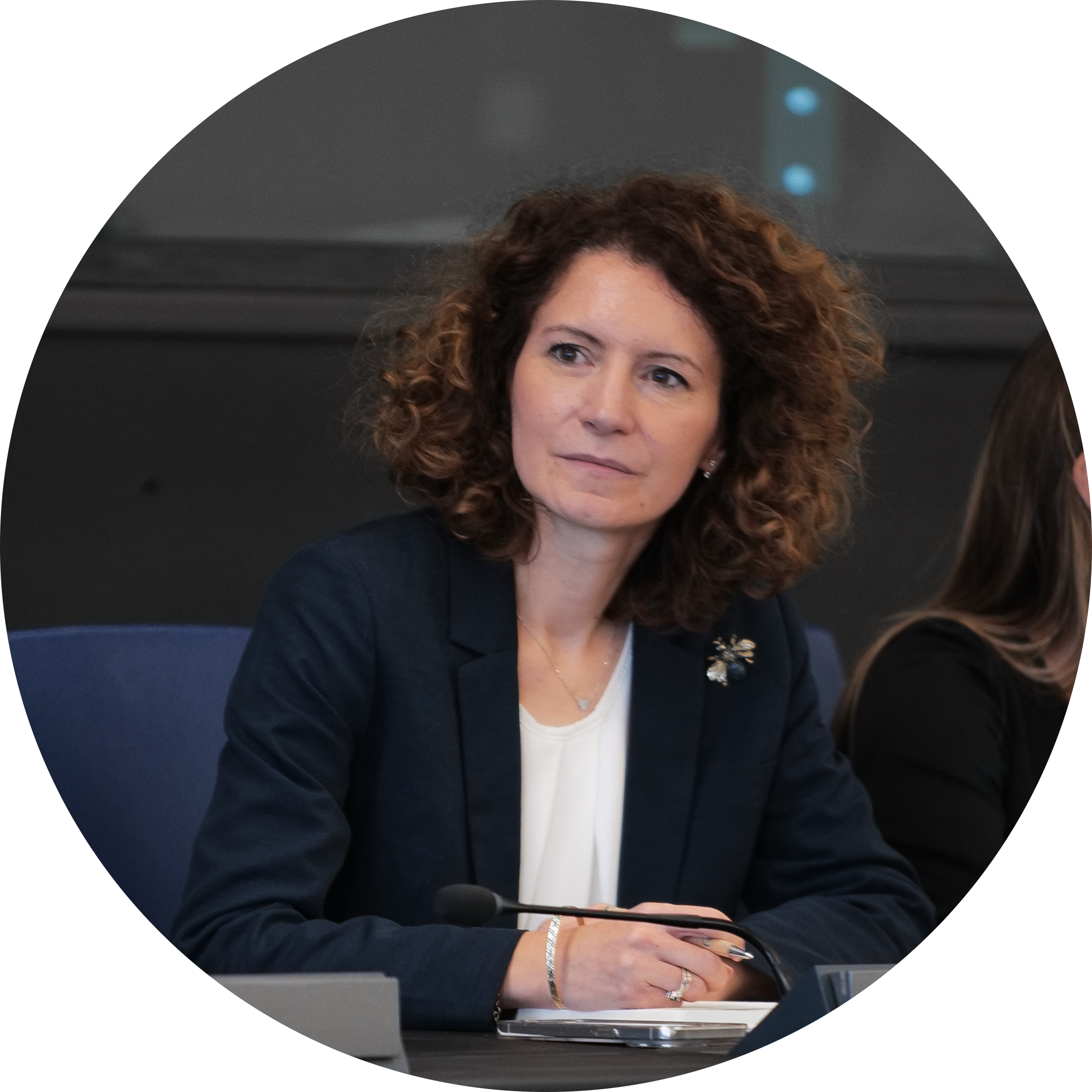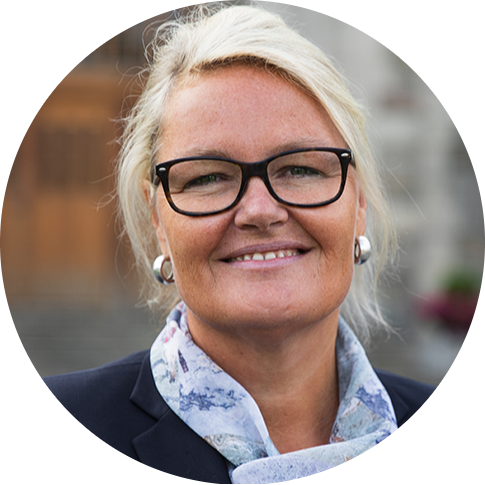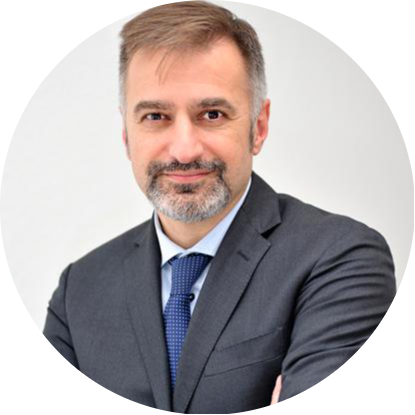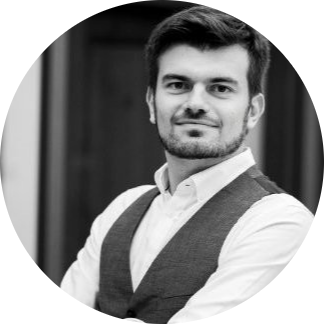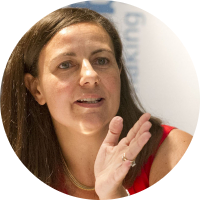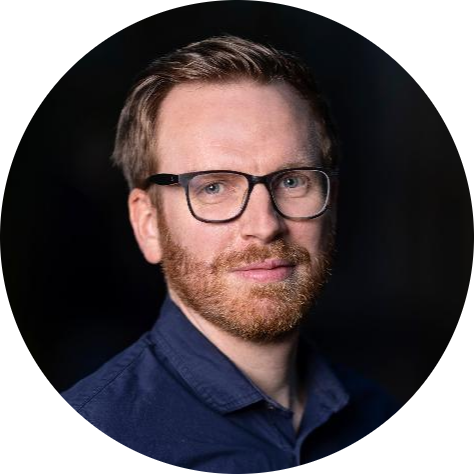NTNU European Conference
Registrations are now closed.
The 9th edition NTNU European Conference
24th of September 2025 | THE RESIDENCE PALACE | In-person event with streaming
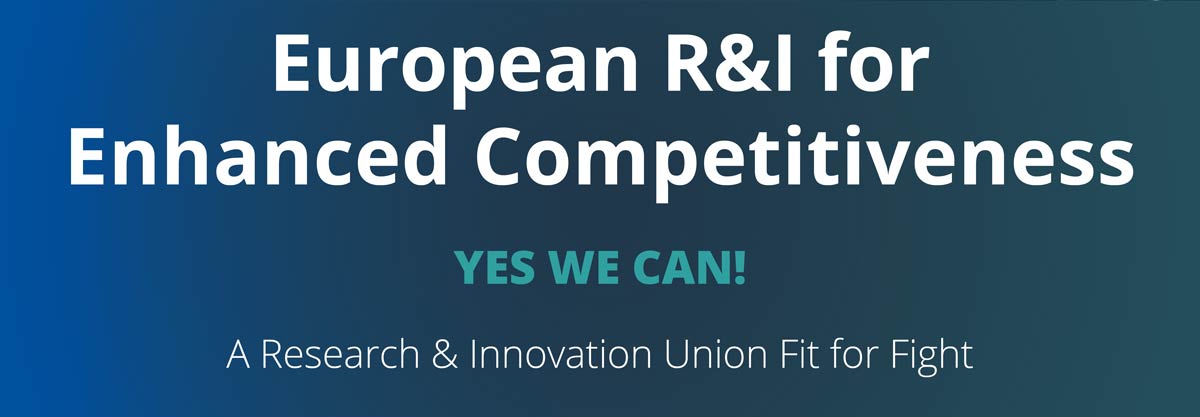
In a rapidly changing world, with increasing pressure on the sustainable prosperity and competitiveness of Europe, the arrival of a new European Commission ushers in an evolved set of political guidelines for shaping the continued prosperity of the European Union’s strength and unity in the years ahead. Community & democratic values, security, and resilience are key components in the new plan presented by President of the European Commission Ursula von der Leyen in 2024. Investment, efficient implementation, and impactful measures are needed to ensure the perpetuation of Europe’s social model and market economy in a continually shifting geo- political and economic world.
In this 9th edition of the NTNU European Conference we focus our attention on the challenges and opportunities ahead. We explore how the evolution of the guidelines and priorities set out by the commission together with the potential of technology as a facilitating tool can shape the future for European civil society and competitiveness on the global stage. More specifically, we explore this within the strategic thematic areas: Civil security, Communities, and Ocean & Coast.
Speakers and Panelists
Click here for the full programme including speaker bio's

Francisco de la Torre Francia
Deputy Head of Unit, DG RTD, European Commission
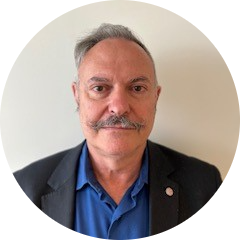
Renzo Tomellini
Director, Leonardo Brussels Office
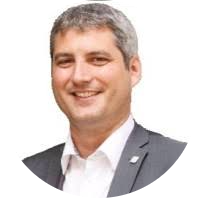
Bertrand Vallet
Policy Officer, DG RTD, European Commission
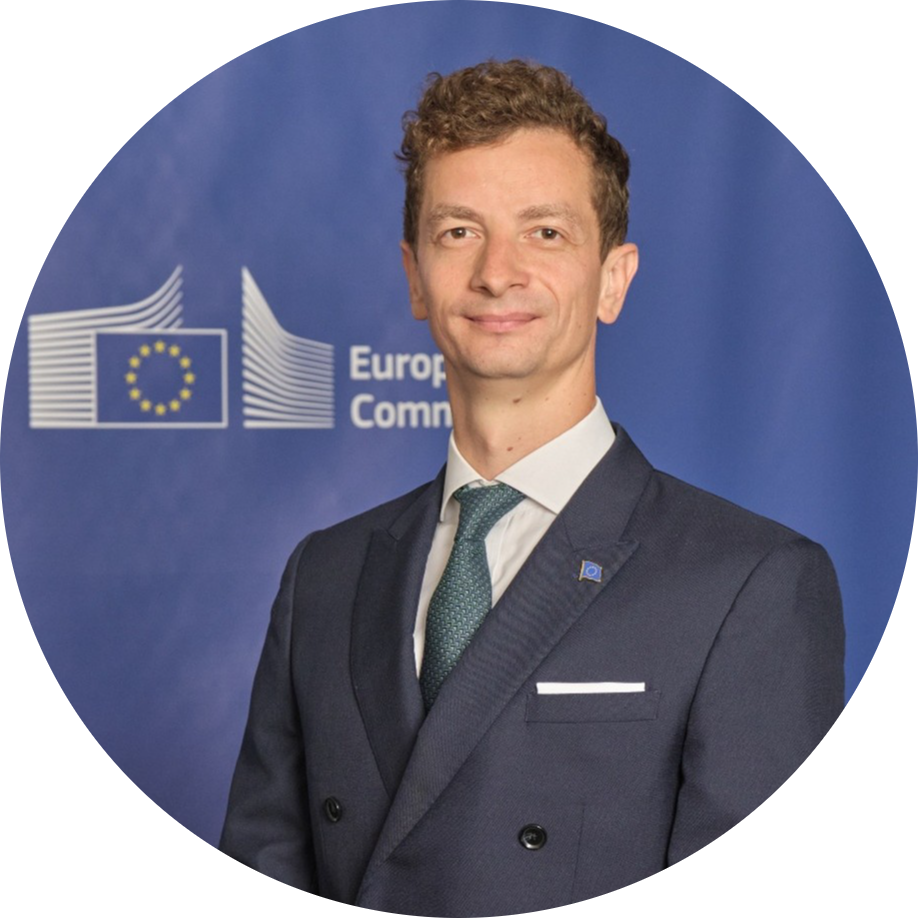
Renauld Hock
Team Leader, DG DEFIS, European Commission
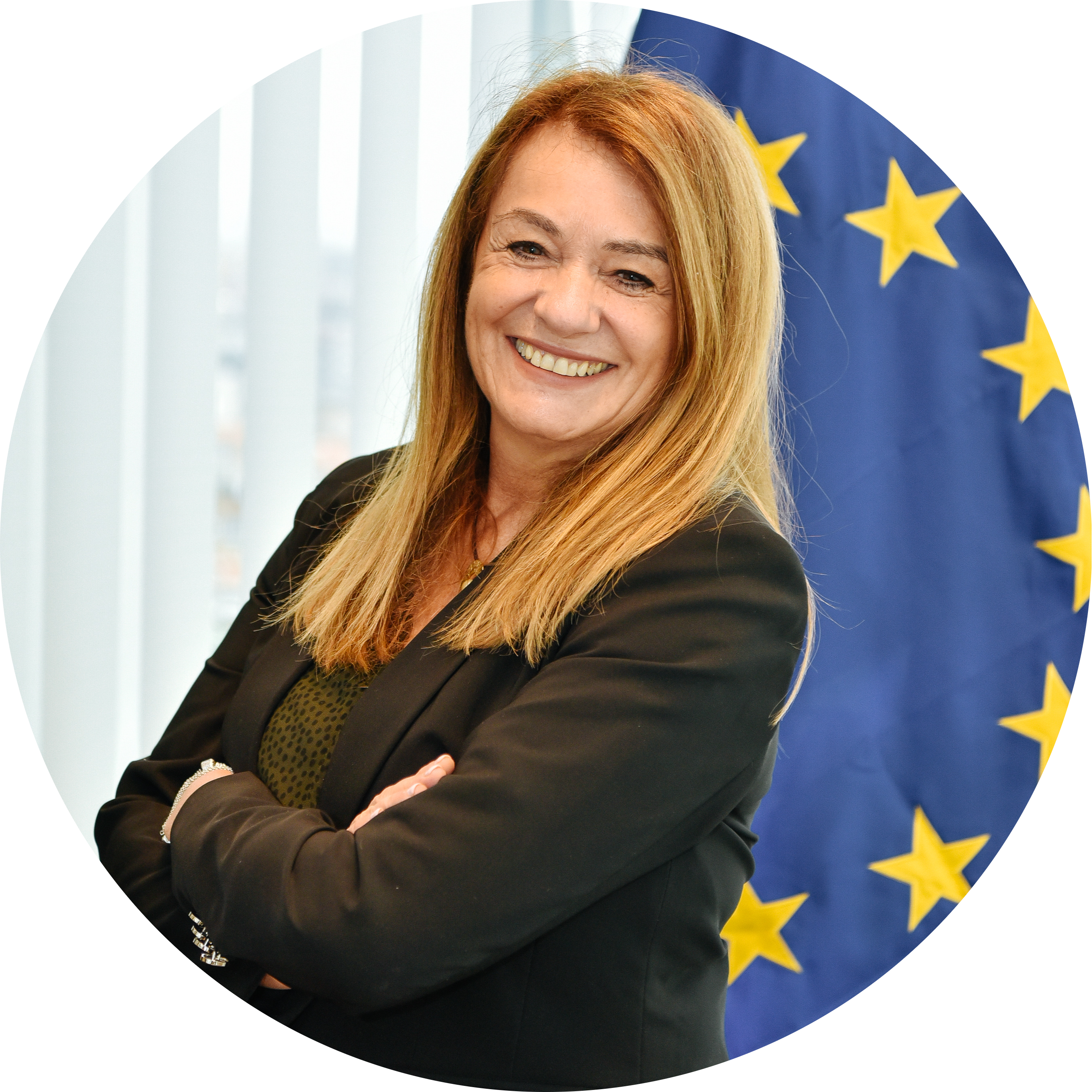
Lucilla Sioli
Director of the Artificial Intelligence Office, DG CNECT, European Commission

TBA
2025 Conference Programme
08:30 Registration desk opens
Welcoming coffee and pastries
09:00 Opening Session
Moderated by Simon Pickard, Science|Business
The Blossoming European Political and Strategic Landscape: Challenges, complementarities and the role of R&I in a reinforced approach to competitiveness.
In its first year of activity, the European Commission (EC) has worked intensively to design a political framework of reference, to realise the key objectives listed by President Ursula von der Leyen in her political guidelines (“Europe’s Choice”), focusing on keywords such as compete, innovate and produce.
The first major initiative launched was the Competitiveness Compass, built on the three pillars of the Draghi Report: i. closing the innovation gap, ii. a joint decarbonisation and competitiveness plan iii. increasing security and reducing dependencies. These long-term, macro-level goals will define much of the EC's work until the end of its mandate.
As a consequence, an ongoing period of intensive legislative activity has already resulted in the definition and launch of several acts that will underpin Europe's new political and strategic framework. All are expected to have a direct impact on the future priorities for research and innovation (R&I), and the role that R&I actors and industry will play in contributing to them.
In this first session of the conference, we will analyse and discuss the political and strategic dynamics that are shaping the future framework, the challenges to be solved, and the interrelations between different policy domains. In parallel, the session will explore the ways in which R&I stakeholders can contribute to realising the different objectives, achieving the desired impact.
More specifically, decarbonisation, digitalisation, sustainability, security and democracy will be among the themes addressed, to pave the way for more detailed discussions in the subsequent parallel sessions.
09:00 Welcome and introductory remarks
by Massimo Busuoli, Director, NTNU Brussels Office
09:05 Keynote address
by Tor Grande, Rector, NTNU
09:15 Keynote address
by Antonella Sberna, Vice-President, European Parliament
09:25 Opening Plenary
The Blossoming European Political and Strategic Landscape: Challenges, complementarities, and the role of R&I in a reinforced approach to competitiveness
Opening remarks:
- Alexandr Hobza, Cabinet Expert, Cabinet of Executive Vice-President Séjourné, European Commission
- Lucilla Sioli, Director of the Artificial Intelligence Office, DG CNECT, European Commission
Panel featuring
- Tor Grande, Rector, NTNU
- Alexandr Hobza, Cabinet Expert, Cabinet of Executive Vice-President Séjourné, European Commission
- Daniel Wennick, Policy Director, Orgalim
- Lucilla Sioli, Director of the Artificial Intelligence Office, DG CNECT, European Commission
10:30 Coffee break
10:50 Parallel sessions
PARALLEL SESSION 1: Ocean, Coast & Civil Security
Moderated by:
Eirik S. Sivertsen, Project Manager Dep. of Marine Tech NTNU
Securing Europe’s Blue Future: Leveraging Data for a Secure and Resilient Blue Europe
Under President Ursula von der Leyen, the European Commission has emphasised the importance of keeping and reinforcing European leadership in Artificial Intelligence (AI) as part of its broader strategic goals. This includes initiatives like the AI Factories and related investments in supercomputing to boost innovation.
A key enabler of AI is data, and its untapped potential needs to be fully exploited. Access to data is a major driver for competitiveness, but also essential for productivity and societal innovations, especially in sectors like the Blue Economy, where enhanced data collection and analysis can revolutionise areas such as water management, underwater robotics, and environmental and civil security.
Europe is a major scientific powerhouse in many domains related to oceans, coasts and waters – as a manager, a value creator and a knowledge region. In parallel, it stands today at the forefront of a technological shift: powerful new platforms and tools, such as NTNUs observational pyramid concept, and the EU's digital twin of the ocean - are poised to generate "oceans of data" which in turn can power AI to unlock unprecedented insights into our oceans. The key challenge - and opportunity - that lies ahead will be to harness the two to support a wide range of EU policy goals, not least in the context of sustainability and security.
From a civil security standpoint, recent incidents—such as the 2022 Nord Stream II sabotage and the 2024 Eastlink 2 disruption—have highlighted the urgent need for enhanced surveillance and protection of critical seabed infrastructure. Simultaneously, the emergence of unregulated “dark fleets,” operating without active transponders, undermines economic sanctions, and poses a serious threat to European security and environmental integrity. In such cases, new ocean observation platforms could have dual use.
This session will explore:
- How can Europe leverage technological advances to strengthen its role as a leading blue region?
- How can we use new technology to make blue research more efficient and relevant?
- Who should govern and benefit from this data?
- How to navigate the dual-use dilemma of emerging technologies?
Welcoming remarks
by Bjørn Egil Asbjørnslett, Director NTNU Ocean & Coast
Nils Kalstad, Director NTNU Civil Security
Keynotes
Zoi Konstantinou, Policy Officer DG MARE, European Commission
Bertrand Vallet, Policy Officer DG RTD, European Commission
Renauld Hock, Team Leader, DG DEFIS, European Commission
Examples of current appraches
Presentation title t.b.a
Preeti Pillai, Portfolio Manager, Alfa Laval
Presenting the NTNU Observational Pyramid
Bjørn Egil Asbjørnslett, Director NTNU Ocean & Coast
Eirik S. Sivertsen, Project Manager Dep. of Marine Technology NTNU
Panel debate with the above speakers, followed by an audience Q&A
PARALLEL SESSION 2: Community
Moderated by:
Gabi Lombardo, Director EASSH
Beyond Democratic Resilience in a Digital Society: Challenges and Opportunities
Community and democratic values are key concerns in a rapidly changing world. The European model with its democratic structures, principles of participation and reduction of inequality is under pressure.
Digitalization of/in society is high on the agenda of the European Union, and the European Commission has defined 2020 to 2030 as 'Europe’s Digital Decade' highlighting the possibilities and challenges associated with digital transformation. This session will pursue the role of digitalization for democracy and community building, or more specifically, digitalization related to democratic resilience. Digitalization can increase participation, uphold or further develop democratic structures and trust, or it can reinforce exclusion mechanisms, distrust and disinformation and lead to democratic erosion.
Research from an interdisciplinary approach, and where researchers are in close contact with key actors in society, is crucial in addressing these challenges and contributing to a democratic, just and open society. In this session researchers, representatives from the Commission and from a university alliance will provide input and participate in a debate.
Questions to be addressed:
- When focusing on democracy and digitalization, what are the most urgent challenges where research-based knowledge is needed?
- How can key actors outside research work together with the research community to identify and address these challenges?
- How can we make sure the interdisciplinarity needed is in place?
- What are the funding possibilities on the European level (and beyond)?
Welcoming remarks
by Karoline Daugstad, Director NTNU Community
Presentations from the research community
Andreas Goldberg, Associate Professor NTNU
Kristine Ask, Associate Professor NTNU
Anne Nielsen, Policy Advisor ERC, European Commission
Keynotes
Simone Rosini, Team Leader DG EMPL, European Commission
Mario Scharfbillig, Science Policy Advisor JRC, European Commission
Sanna Sjöblom, Policy Officer The University Alliance Stockholm Trio
Panel debate with the above speakers, followed by an audience Q&A
12:20 Networking lunch
13:30 Final Session
Moderated by Simon Pickard, Science|Business
The new R&I funding framework: an appropriate tool for approaching EU future challenges?
The European Commission's first proposal for its next R&I funding framework was finally revealed in July and has already become the subject of an intense debate towards its finalisation and implementation after the end of Horizon Europe. The Commission's vision encompasses a set of new approaches and a rationalised set of funding instruments - yet also signals a definite shift toward higher TRL activities, in line with the political intention to increase Europe’s competitiveness.
At this early stage in the institutional process, therefore, does the proposal fulfil the expectations of the R&I community at large, including industrial stakeholders? Does it pose specific challenges that need to be addressed to make it more impactful? Is it still a good tool for the different typologies of R&I players or is it more favourable to a subset of them? Is it inclusive in terms of thematic coverage?
These and other questions will be discussed in the final panel of the conference, which will also draw on highlights from the preceding parallel sessions to inform and inspire its discussions.
13:30 Summary of Parallel Session Highlights
by
- Karoline Daugstad, Director NTNU Community
- Bjørn Egil Asbjørnslett, Director NTNU Ocean & Coast
- Nils Kalstad, Director NTNU Civil Security
13:45 Setting the Scene
The Proposal for a new Horizon Europe
by Francisco de la Torre Francia, Deputy Head of Unit DG RTD, European Commission
13:55 Closing Plenary
The new R&I Funding Framework: An appropriate tool for approaching EU future challenges?
Panel featuring:
- Eszter Lakos, MEP, European Parliament
- Toril A. Nagelhus Hernes, Vice-Rector for Research & Innovation, NTNU
- Francisco de la Torre Francia, Deputy Head of Unit DG RTD, European Commission
- Renzo Tomellini, Director, Leonardo Brussels Office
14:40 Closing address
by Manuel Aleixo, Cabinet Expert, Cabinet of Commissioner Ekaterina Zaharieva, European Commission
14:55 Closing remarks
by Massimo Busuoli, Director, NTNU Brussels Office
15:00 End of Conference
Practical Information
Venue
The Residence Palace
Venue contact: Maïcky Mohr, maicky.mohr@Residencepalace.be
- Phone: +32 2 235 21 11 (reception)
- Map
Contact
If you have any questions, please do not hesitate to contact us via kaja.b.w.istad@ntnu.no or call us:
- +47 995 00 769
Practical information NTNU Brussels office
About the Conference
The NTNU European Conference is an event introduced in the Brussels Arena in 2016. It aims to facilitate discussions on R&I and Education policies and strategies between stakeholders.
The conference has grown in siginificance and popularity with increasing registrations and attendance over the years, becoming an arena of interaction between policymakers and representatives of higher education, industry, research, innovation as well as the civil society.



